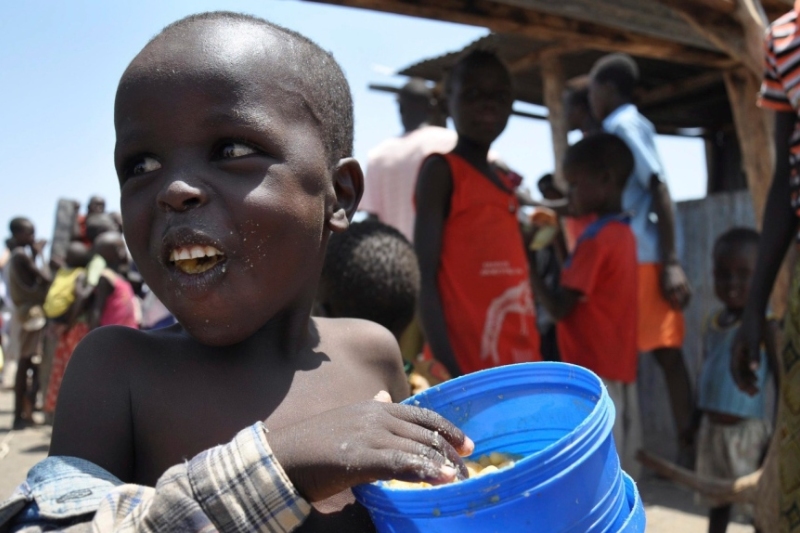Last updated on December 14th, 2023 at 07:49 pm
The Ominous Warning
The United Nations has sounded an alarm over an imminent hunger crisis threatening West and Central Africa, citing escalating violence in the conflict-ridden region as the primary catalyst for this impending catastrophe. In a presentation held in Dakar, Senegal’s capital, officials from the United Nations, the Food and Agriculture Organization, regional bodies, and other organizations unveiled a dire forecast: nearly fifty million people could confront food insecurity, with over two and a half million teetering on the brink of famine.
Root Causes and Collaborative Efforts
Climate change and inflation contribute to food insecurity, but the surge in violent crimes, particularly in the vast Central Sahel region below the Sahara Desert, stands as the pivotal factor. The past three years have seen five coups in Mali, Burkina Faso, and Niger, exacerbating the rise in terrorist attacks linked to groups such as al-Qaida and the Islamic State. Exploiting political turmoil, extremists have seized territories and disrupted vital transit routes, intensifying the humanitarian crisis.
Humanitarian Concerns and Regional Hotspots
Martin Naindouba Djerandodje, a regional expert from the FAO, emphasized the imminent threat of insecurity, the warning of potential fatalities, and a deepening crisis without prompt assistance. The epicenter of this humanitarian catastrophe lies in the border regions of Burkina Faso, Mali, and Niger, compounded by climate change‘s wrath in the form of floods and droughts. Over ten million people in this area require urgent UN aid efforts.
Keep Reading
Challenges Amidst Unrest and Sanctions
Since the military takeover in Niger in July, jihadist violence has surged. Additionally, economic sanctions imposed by the West African regional bloc have impeded aid flow into the nation. The withdrawal of the UN peacekeeping mission after a decade has hindered relief access to certain cities in Mali, where conflicts between soldiers, Russian mercenaries, and Tuareg fighters render areas inaccessible.
Access Challenges and Worsening Conditions
Nearly one million people in Burkina Faso live in hard-to-reach regions, grappling with sieges and dwindling access to humanitarian aid. The suspension of humanitarian cargo flights in Djibo’s north has raised concerns about the potential famine for hundreds of thousands. Rising commodity prices have rendered essentials unaffordable, aggravating an already dire situation.
Diminishing Aid and Urgent Appeals
Escalating demands have outstripped dwindling budgets, making it increasingly challenging for the United Nations to meet burgeoning needs. Ollo Sib from the World Food Program highlighted that forty percent of those facing food insecurity received no aid, while the rest received less than half of the required rations.
Dire Call for Support
The United Nations launched a $7.6 billion appeal to aid over 32 million critically affected individuals in West and Central Africa. Martin Griffiths, head of the UN’s humanitarian department, warned of dire consequences if global support fails to match the escalating requirements, emphasizing that lives hang in the balance.
The situation remains critical, demanding immediate and substantial global intervention to avert an impending catastrophe in the region.

